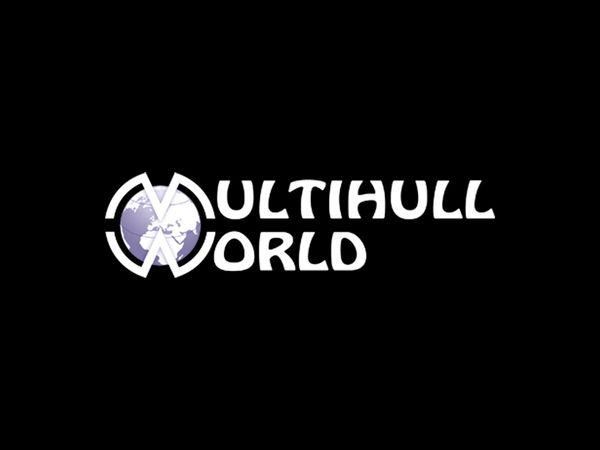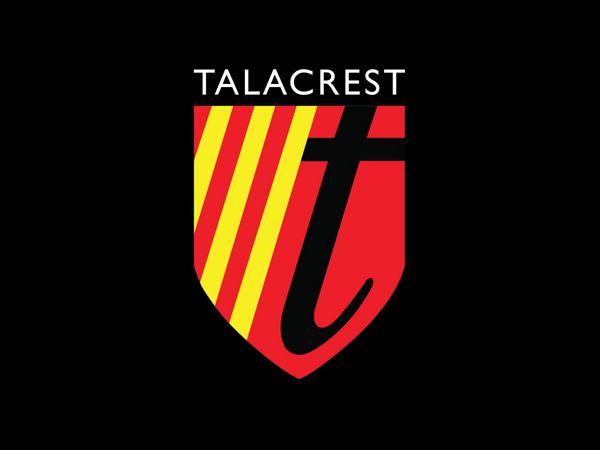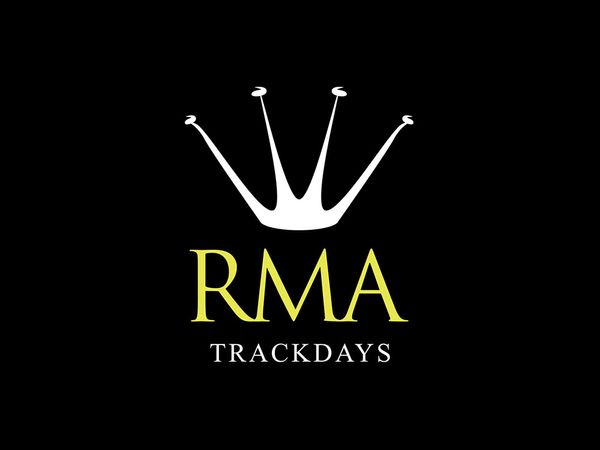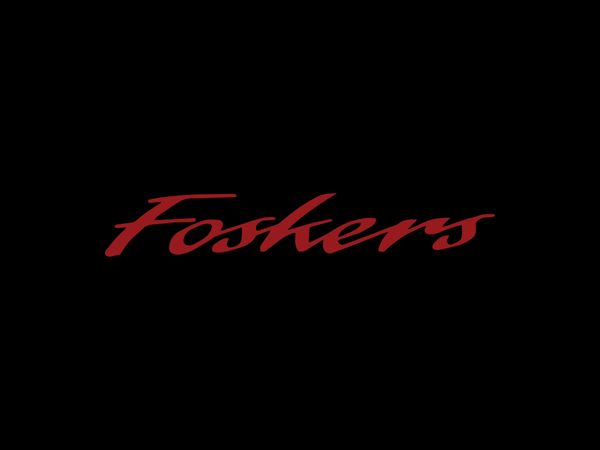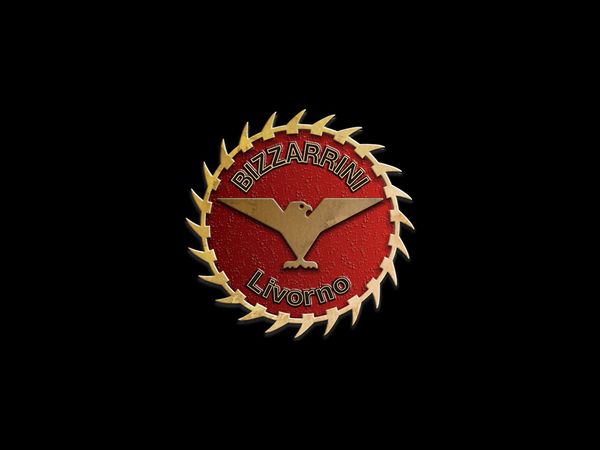Louise Cook returned to World competition this weekend after enduring a 4 year absence from the sport. Louise, despite becoming the first female in the world to gain a FIA Rally Championship title in 2012, has struggled ever since to gain the funding needed to compete at world level. Then, at just the time when enough funding was found for two rounds in 2015, a screw was found to be compressing Louise’s subclavian artery from a collar bone plate, forcing her again away from competition and sadly suffering financial loss from committed costs in the process.Louise, all fixed, found just enough funding to compete on WRC Neste Rally Finland this weekend. This was to be the Kent driver’s 18th rally, but once again it nearly didn’t happen.Louise had competed on a promotional event, Goodwood Festival of Speed, a couple of weeks prior to Rally Finland where the car was running fine but with an intermittent misfire. The misfire seemed to be getting slightly worse but then quickly developed into a show stopper. Louise and her team started the process of elimination and with the life of the auxiliary components unknown and the engine only just being rebuilt before purchase, it made sense that an electrical ancillary or sensor could be at fault.“We changed usual components like spark plugs, leads and coil then went on to engine management components like throttle body, fuel pump, engine sensors etc but nothing was improving the misfire.”“It wasn’t until we checked the crank sensor that things started to unfold. The crank shaft sensor had been damaged.”The crankshaft end float which allows the engine to spin was way out of tolerance. The crankshaft had a whopping 3.2mm end float, a measurement which should usually be only 0.3mm. This meant that the crank sensor had been eaten alive by the flywheel and was causing the misfire, not a simple fix. The engine now needed a full rebuild and with only five days until the team had to leave, Rally Finland was looking near impossible.“We needed a miracle; I called Mountune Racing in Essex for some advice on the engine. They said to bring it down to them as soon as possible. We got it out the car and managed to get it to them by the afternoon.”The guys at Mountune stayed on and stripped the engine down that Thursday evening. They found the thrust bearing had been destroyed and the crank shaft was damaged. It was now beyond a rebuild, it would need a new crankshaft and perhaps an engine block. Louise had a pre-event test scheduled for the Saturday to get back into things after such a long absence from the sport which had to be cancelled and the team was meant to be leaving the following Wednesday for the rally.Mountune amazingly had a brand new base engine in the workshop that they could use to build a race engine.“Mountune turned the engine around in a day. I honestly do not know how they did it! Rally Finland was back on, they truly kept the dream alive!”Mountune found that the previous engine builder had fitted a bush in the end of the crankshaft that was too long, meaning that when the gearbox was bolted to the engine, pressure was being placed on the crankshaft and grinding away at the thrust bearing and engine. Mountune removed the bush from the new build.“It was important to find the problem and not just fix the engine. When the causes are unknown, you can soon end up back in the same place. The crankshaft bush was a simple oversight from the previous engine builder with disastrous consequences. If Mountune hadn’t spotted the cause then it would have killed another engine.”“I knew when we had the serious engine problem that I would not be able to drive the car before the rally. It was a new car so it was a big part of the plan to get used to it, set it up the way I wanted and just get confidence before going into competition and driving flat out. I know a lot of people would have decided to pull out of the event at this point and it would have been the logical thing to do, but I needed to be back in the WRC and at Rally Finland. We agreed we would all work flat out and do everything we could to make it. We changed the ferry to the latest possible departure to be able to be in Finland to sign on for the rally in time.”The crew worked day and night for 7 days without sleep. Some going to their daily jobs then working through the night on the rally car. The engine was installed, started up and driven just 15 miles before being loaded onto the trailer and leaving straight for the ferry 3 days behind the original planned departure.
The crew set off on the 2500km journey, it was still possible to make it to Finland in time for signing on Monday.“We were under pressure already and then we ending up queuing for 7 hours to get into the Dover port. We then had a further 3 hours of delays in Belgium because of security checks.”The crew drove around the clock for 32 hours, switching drivers, and despite delays, made it to the ferry near Stockholm, Sweden with just 10 minutes to spare.“It was the last ferry possible to make the deadline of signing on. All the delays made it way too close for comfort. It was an amazing feeling to have made it there, though we still had an engine that had only drove 15 miles.”
The team arrived in Finland and unloaded the rally car to run in the engine on the way to signing on. The engine seemed to run perfectly and not a problem insight.“The R2 is left hand drive and a sequential gearbox, both of which I had not competed with before. The test day was key really, but with this engine disaster I had to make the decision to forge ahead knowing that my first time driving the car flat out was stage 1 Rally Finland. This was far from ideal, but I was just amazed and grateful that we had made it!”“My co-driver said at the end of the stage 1 “Welcome back to the WRC” and the emotions were overwhelming. Everything had seemed against us for so long and I felt like I was insane at times to keep forging ahead, wondering when or how you will ever get back to the WRC, but when something in the back of your mind believes, you hold on to it and plough through.”Day 2 of the rally consisted of eleven amazing Finnish stages with some running twice and a service stop in between at the city of Jyvasykla.“The ST used to handle well but it was limited to Group N, which means Normal or standard. The R2 is much more capable and had much more grip than I was used to. I gradually bedded in and adjusted, I planned to close the gap as I became more confident. The car felt great, though I was fighting the left rear on stage two, so something was definitely not right.”At the first service point it was found the left rear hub had lost some bolts, probably from all the jumps and landings in the forest. It was only hanging on by two bolts. The bolts were replaced and the crew went off for the second loop of stages, though it was not holding out. It became loose again and it looked like the threads in the rear beam must have been damaged. Louise had to pull up and retire in stage 9 which meant time penalties of 7 minutes per stage under the Rally 2 regulations. The crew replaced the beam for the next day, and although the penalties meant that the overall position suffered with time penalties of 28 minutes, Louise was still able to complete the rest of the rally and build her experience in the car further.
Day 3 consisted of eight more stages including the infamous stage; Ouninpohja, known for its fast jumps over crests and roller coaster road.
“We had 6 hours of sleep in 9 days and I was falling asleep at the wheel on the road sections. Though after a run through Ouninpohja, I was wide awake!!! That stage is crazy, you are looking at the tree line over the crest, everything is saying its going left after the crest but your co-driver has told you it’s a fast right. You have to commit to the note, it is incredible.”
“After the stage my co-driver said he could not see for a lot of it, I said don’t worry neither could I. All I could see was sky sometimes and had to trust the pace note angle and that our car was pointing the right way when we landed. It was there or there abouts, most of the time! We had a new note system for this rally and it seemed to work OK.”
“We managed to get within 2.9 seconds per km off the fastest newer Fiesta R2T. I know we would be closer with some testing and getting used to the car. We also ran a larger tyre than the other R2s which penalised us with acceleration, so I know that gap is closer in reality. I am happy, I can build on this. I drove more on the safe side to get the mileage back in the car and to understand the stages for next year.”
“Thank you to everyone who made this weekend happen, so many people were involved in this whole operation and I can not shout enough how grateful I am to all of you. My patient sponsors who have been on a hell of a journey with me since 2012 but have kept the confidence and faith.”
Louise plans to compete on some tarmac rounds next to get some mileage in the car with European events and testing.



